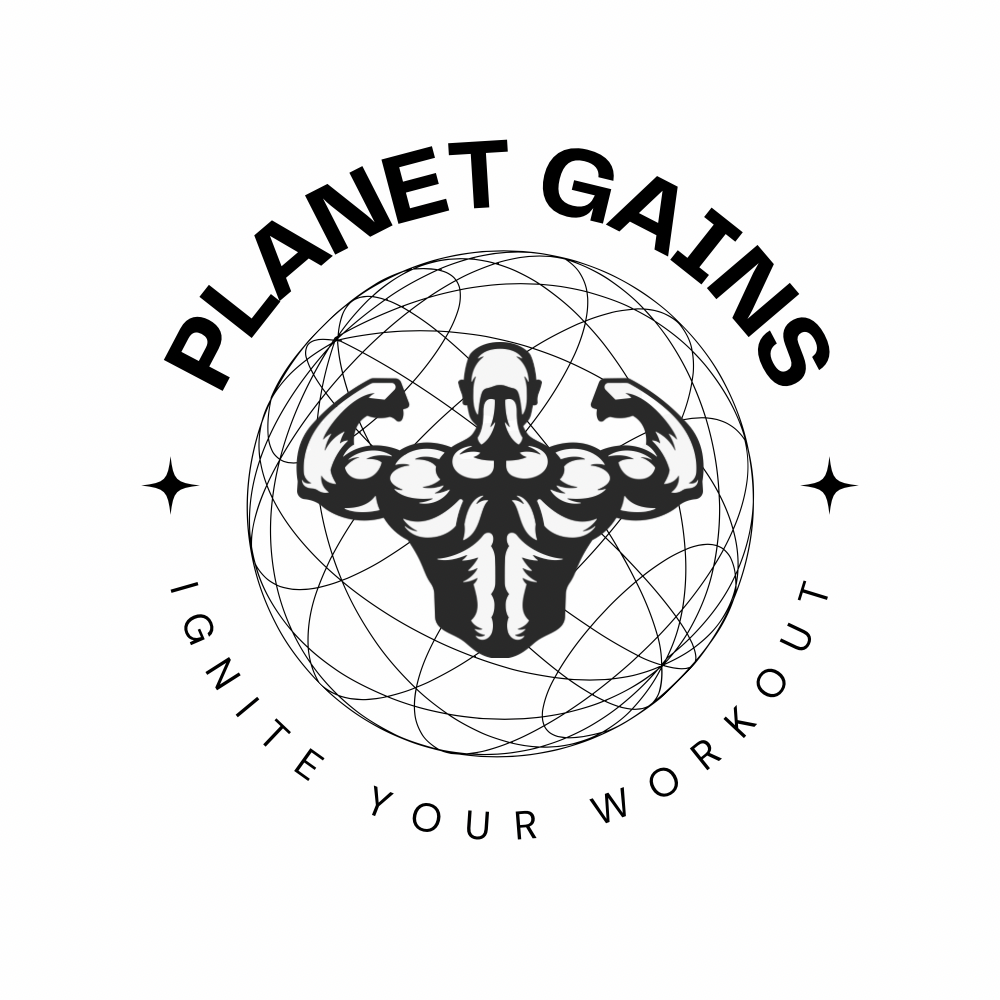📦 FREE Shipping
How Many Calories Do You Burn Paddle Boarding 2024? Experts Explain

Stand-up paddle boarding is the perfect blend of adventure and fitness, offering a unique way to enjoy the water. “How Many Calories Do You Burn Paddle Boarding? Experts Explain” dives into how this serene activity can be a surprisingly good workout.
How Many Calories Do You Burn Paddle Boarding?
Your body burns calories constantly, but exercise like paddle boarding increases caloric expenditure. Paddle boarding combines the benefits of full-body exercise with the enjoyment of being on the water.
The metabolic rate, or how quickly you burn calories, is measured in MET value (Metabolic Equivalent Task). For paddle boarding, the MET value can be around 6.0 for moderate effort, translating into a solid calorie burn.
Factors Affecting Calories Burned
Several key variables come into play when determining how many calories you burn while paddle boarding:
- Intensity: The harder you work, the more you increase your heart rate and burn calories.
- Weight: A higher body weight requires more energy, leading to more calories burned.
- Age: Metabolic rate often slows with age so that younger paddlers may burn calories at a higher rate.
- Duration: The longer you paddle, the more calories you’ll burn.
Measuring Your Paddle Boarding Workout
To calculate the calories you burn while paddle boarding, use the following formula based on the MET value:
Calories Burned per Minute = (MET x body weight in Kg x 3.5) ÷ 200
For recreational paddle boarding, consider a MET value close to 6.0. For instance:
- Weight: 180 pounds (81.65 kg)
- MET Value: 6.0
- Calories Burned per Minute = ( \frac{6.0 \times 81.65 \times 3.5}{200} ) ≈ 8.57 calories
- Calories Burned in 60 Minutes: 8.57 calories/minute x 60 minutes = 514 calories
Here’s a simple breakdown based on intensity:
- Low-Intensity Paddle Boarding: ≈300-430 calories/hour
- Moderate Intensity: ≈430-500 calories/hour
- High Intensity: Can exceed 500 calories/hour
Paddle Boarding Exercise Benefits

Physical Health Advantages
Core Strength: Engaging your core is a given when you’re on the board, as it keeps you balanced. This consistent, low-impact challenge enhances core stability and targets multiple muscle groups, including back muscles, arms, and legs.
Full-Body Workout: Each stroke in the water is a synergy of strength and endurance, delivering a full-body workout. This exercise promotes fitness and strength while potentially aiding in weight loss.
- Balance and Coordination: Your balance will significantly improve as you adapt to the motion of the paddle board on water. This can have cross-over benefits for other areas of fitness and daily life.
- Health Benefits: Beyond building muscle and losing fat, paddle boarding can contribute to cardiovascular health, similar to other forms of aerobic exercise like cycling or running.
Mental and Emotional Benefits
- Stress Relief: Glide over the water and you’ll feel the stress melt away. Paddle boarding is an effective form of stress relief, allowing you to disconnect from daily pressures and immerse yourself in nature.
- Mental Well-Being: It’s not just about the physical; the tranquility of being on the water can boost your mental well-being. The rhythmic motion of paddling can be meditative, infusing a sense of calm and boosting overall mood.
Techniques and Conditions

Paddle Boarding Techniques
Paddle boarding engages your whole body, but it’s your form and technique that determine just how many calories you’ll burn. Proper form is essential—stand with your feet shoulder-width apart, knees slightly bent, and your core engaged. This stance isn’t just about balance; it anchors your power as you paddle. Let’s break down a few techniques:
- Standard Paddle Stroke: Rotate your torso, pull the water under you, and alternate sides to maintain a straight course.
- Sweep Stroke: Use a wide, sweeping stroke to turn your board.
- Draw Stroke: Pull the paddle towards you to move sideways or dock.
Environmental Impact on Paddle Boarding
Your surroundings play a significant role in your paddle boarding experience. Consider these environmental factors:
- Wind and Currents: Increase resistance—like a form of resistance training—making you work harder and potentially burn more calories.
- Water Conditions: Calm waters are excellent for yoga and beginners, while choppy waters provide a more intense workout.
FAQ:
Is paddleboarding an excellent way to lose weight?
Yes, paddleboarding is a good way to lose weight as it combines balance, strength, and endurance, contributing to calorie burn.
How many calories do you burn paddle boarding for 30 minutes?
Depending on intensity and individual factors, you can burn around 200-300 calories paddleboarding for 30 minutes.
Does paddle boarding count as cardio?
Yes, paddleboarding counts as cardio, especially when done at a brisk pace that raises your heart rate.
How good of a workout is paddle boarding?
Paddleboarding is a great workout, engaging your core, improving balance, and providing a full-body workout with low impact on joints.
If this article about the question: “How Many Calories Do You Burn Paddle Boarding” helped you, don’t forget to leave us a comment down below about what you think of the article.

